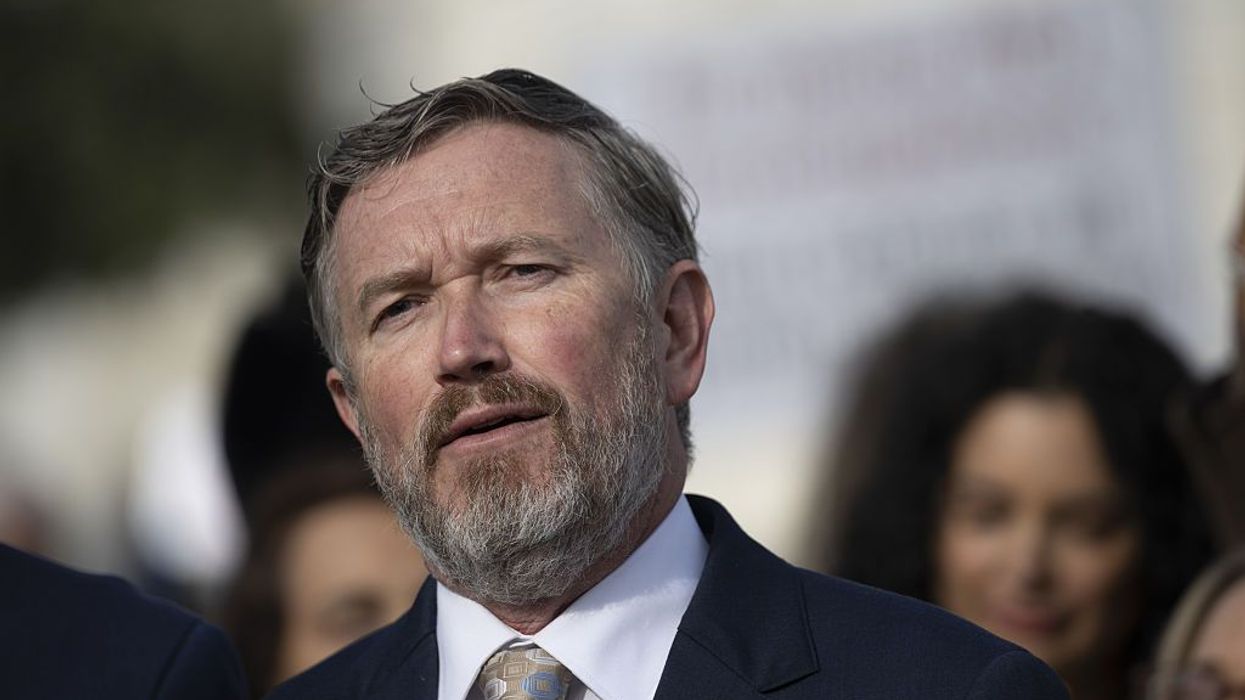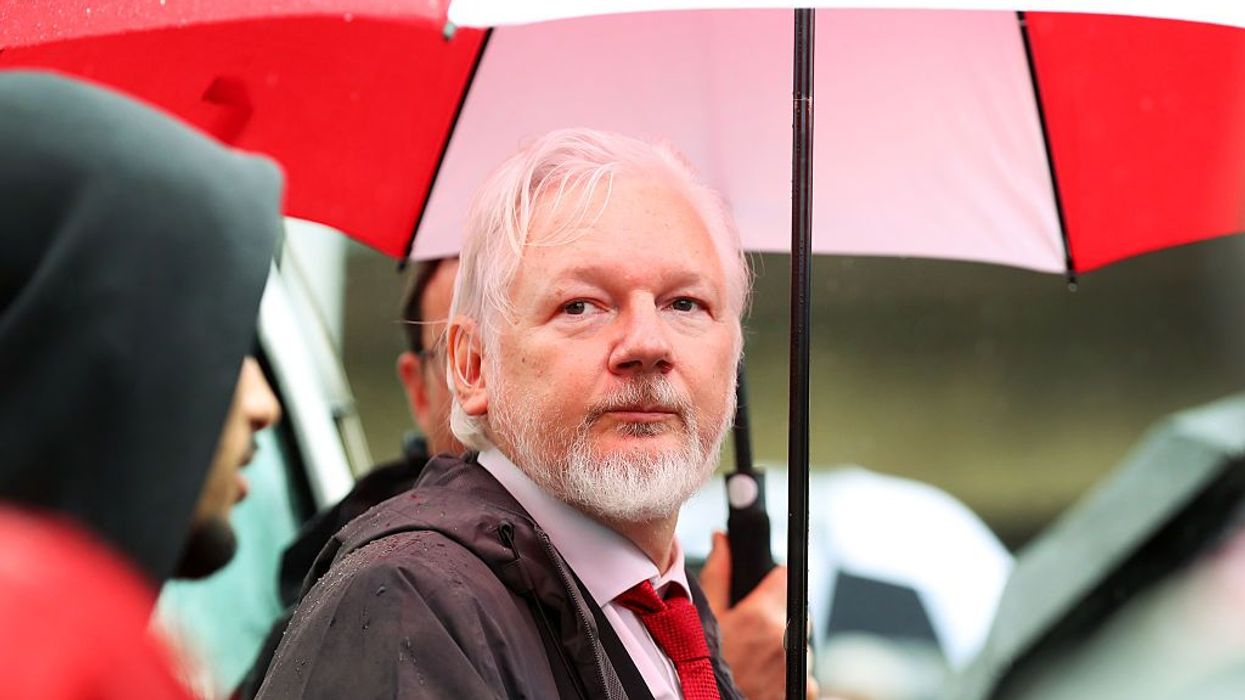"The framers [of the US Constitution] understood a simple truth: To the extent that war-making powers devolves to one person, liberty dissolves," he said. "If the president believes that military action against Venezuela is justified and needed, he should make the case, and Congress should vote before American lives and treasure are spent on regime change in South America."
Massie then made clear that he wasn't simply making a procedural case against the president's actions, but a substantive case against going to war with Venezuela. In particular, the Kentucky congressman pointed to past US failures in regime-change wars such as Iraq and Libya to warn against making a similar case in South America.
"Previous presidents told us to go to war over WMDs that did not exist," he said, referring to weapons of mass destruction. "Now it's the same playbook. Except we're told that drugs are the WMDs. If it were about drugs, we'd bomb Mexico or China or Colombia."
Massie also argued that, if Trump were really concerned about the flow of illicit drugs into the US, he wouldn't have pardoned Juan Orlando Hernández, the former president of Honduras who had been convicted in 2024 of conspiring to smuggle 400 tons of cocaine into the US.
"This is about oil and regime change," Massie said.
Massie's points about the administration's rationale for war with Venezuela were echoed by Rep. Ilhan Omar (D-Minn.), who also delivered a speech in the US House Wednesday denouncing the rush for military action.
"This is not about drugs, this is about regime change," she said. "And we also have the White House chief of staff [Susie Wiles] saying that this is about regime change. It has nothing to do with drugs."
Like Massie, Omar also emphasized the role for Congress set out by the US Constitution when it comes to declarations of war.
"Only Congress has the power to declare war," she said. "The Trump administration's military escalation in the Caribbean is not only reckless, it is blatantly illegal. We cannot allow this kind of dangerous overreach to go unchecked."
Massie and Omar delivered their speeches during a debate over two resolutions aimed at limiting Trump's ability to wage war against Venezuela.
The first resolution demands Trump "remove United States armed forces from hostilities with any presidentially designated terrorist organization in the Western Hemisphere, unless authorized by a declaration of war or a specific congressional authorization for use of military force."
The second resolution more explicitly "directs the president to remove the use of United States armed forces from hostilities within or against Venezuela, unless explicitly authorized by a declaration of war or specific statutory authorization for use of military force."
Trump and his administration in recent weeks have been acting with increasing aggression against Venezuela, starting with the bombing of purported drug trafficking boats off the country's coast, and escalating earlier this month to seizing an oil tanker that had docked at one of its ports.
On Tuesday night, Trump announced a “total and complete blockade” of all “sanctioned oil tankers” seeking to enter and leave the country.
“Venezuela is completely surrounded by the largest Armada ever assembled in the History of South America,” Trump wrote in a Truth Social post. “It will only get bigger, and the shock to them will be like nothing they have ever seen before."
While talking with reporters on Wednesday, Trump upped the ante further and said that the US wanted to take Venezuela's oil supply.
"Getting land, oil rights, whatever we had—they took it away because we had a president that maybe wasn't watching," Trump said. "But they're not gonna do that. We want it back. They took our oil rights. We had a lot of oil there. They threw our companies out. And we want it back."



